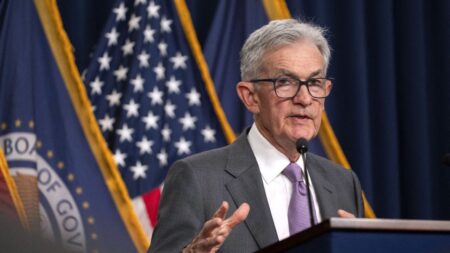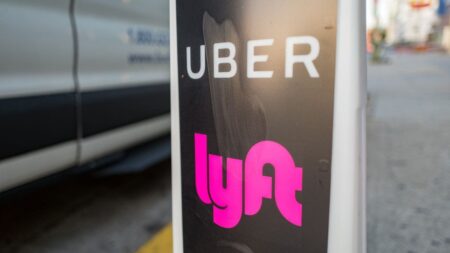By Christoph Steitz
FRANKFURT (Reuters) -Germany’s economy and finance ministers on Sunday floated the idea of reforming the country’s corporate taxes, aiming to make local companies more competitive in light of numerous challenges, including high energy costs.
Germany has “an overall corporate taxation that is no longer competitive and conducive to investment”, Economy Minister Robert Habeck told weekly Welt am Sonntag.
“This is precisely why we should consider how we can, for example, finance tax relief, tax incentives for investments in the future,” he said.
German corporate heavyweights, including Volkswagen (ETR:), BASF and Siemens, have all warned that Europe’s top economy risked falling behind in light of high costs and red tape.
Habeck still said that the government was constrained by what he called “extremely tight financial leeway”, pointing to savings pressure with regard to Germany’s 2025 budget.
In an interview with public broadcaster ARD, Habeck said that it would cost around 30 billion euros ($32.4 billion) a year to lower Germany’s corporate tax rate to around 25% from the roughly 30% now, which is higher than in other countries.
Without proposing specific measures for tax reform, Habeck said the world has changed dramatically and Germany needed to be mindful that other nations, such as the United States, launched major economic support schemes.
This, he said, required all parties to question their respective red lines with regard to future budgets.
‘WE HAVE TO DELIVER’
His comments come after Finance Minister Christian Lindner called for measures to strengthen the economy, including increased flexibility in the labour market, less red tape as well as tax incentives as part of corporate tax reform.
“I agree with Christian Lindner. We need to do more for growth and economic dynamics,” Habeck told Welt am Sonntag, adding he was working together with Lindner on a reform package.
Lindner told ARD on Sunday that there was agreement that German companies were not competitive internationally, urging swift action to put together a relevant policy package.
“If we don’t do anything Germany will get poorer,” Lindner said, adding that it was paramount to strengthen the country’s weakening economy to ensure prosperity.
While he did rule out a special budget for German corporates, he suggested freeing them from the so-called solidarity tax – introduced after reunification to support poorer states in eastern Germany.
Lindner, who said he was constantly in touch with Habeck, said the pressure was on to produce results now that the two ministers were aligned.
“Now we have to deliver,” he said.
($1 = 0.9275 euros)
Read the full article here











